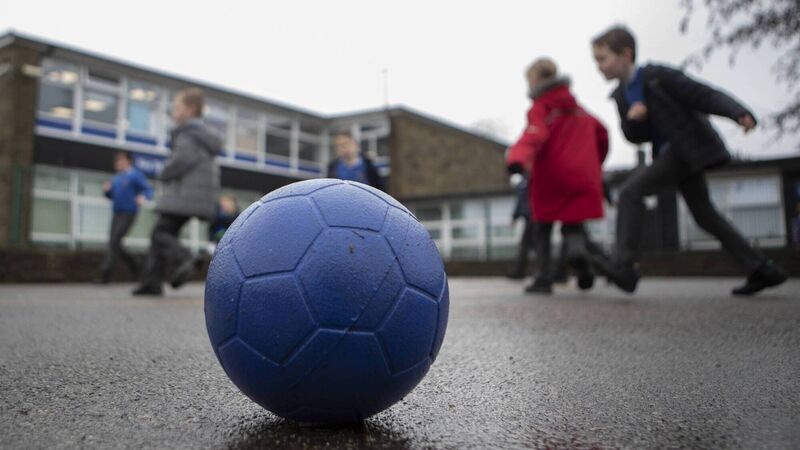Handling a pandemic: how have primary schools coped?

Principles say they are over-worked and under-resourced and that Covid-19 has made the situation even worse. File Picture.
What has it been like to lead a primary school through a pandemic, and what supports are really needed to help keep schools open?
The asked eight principals of different primary schools around the country about their experience of the term so far.










